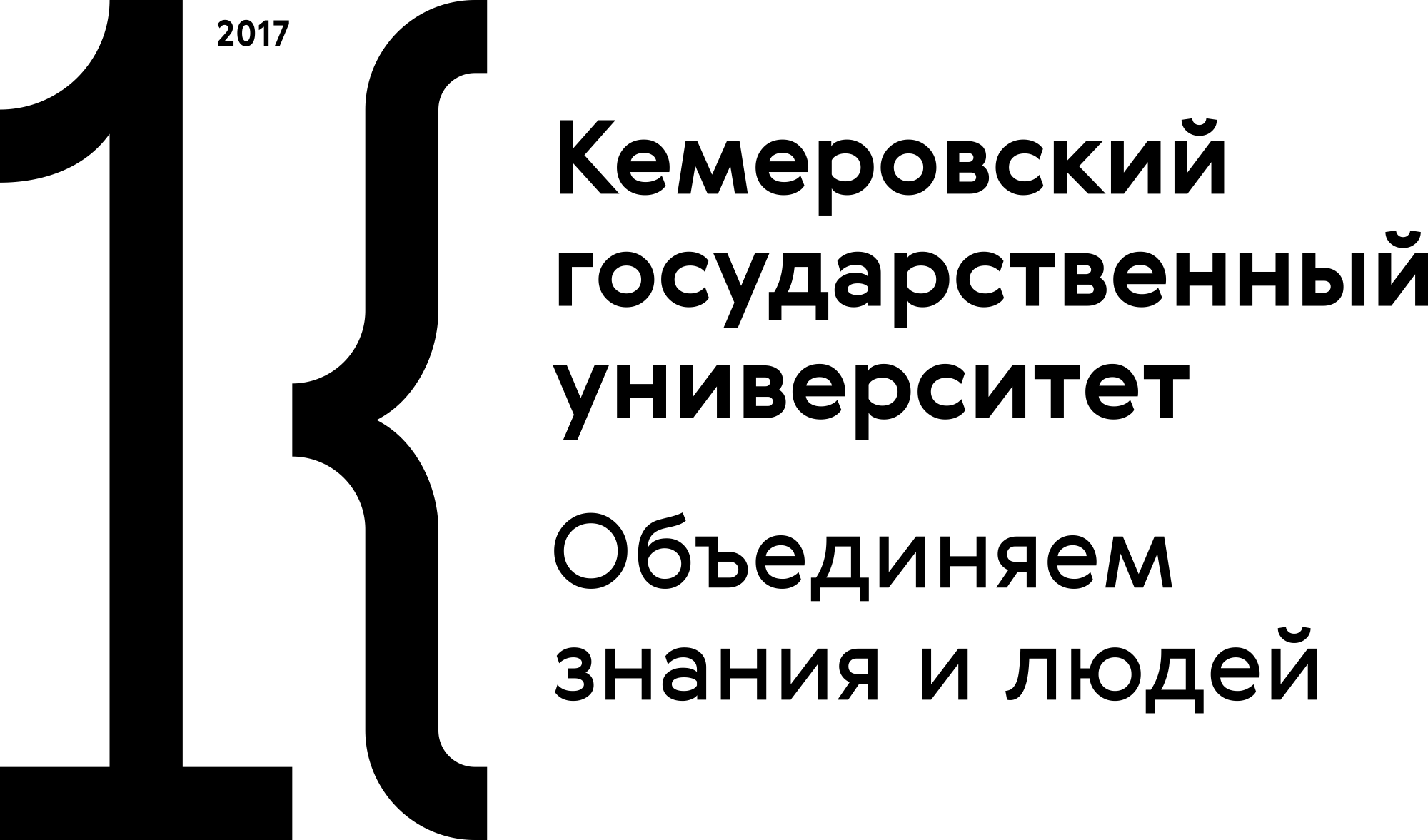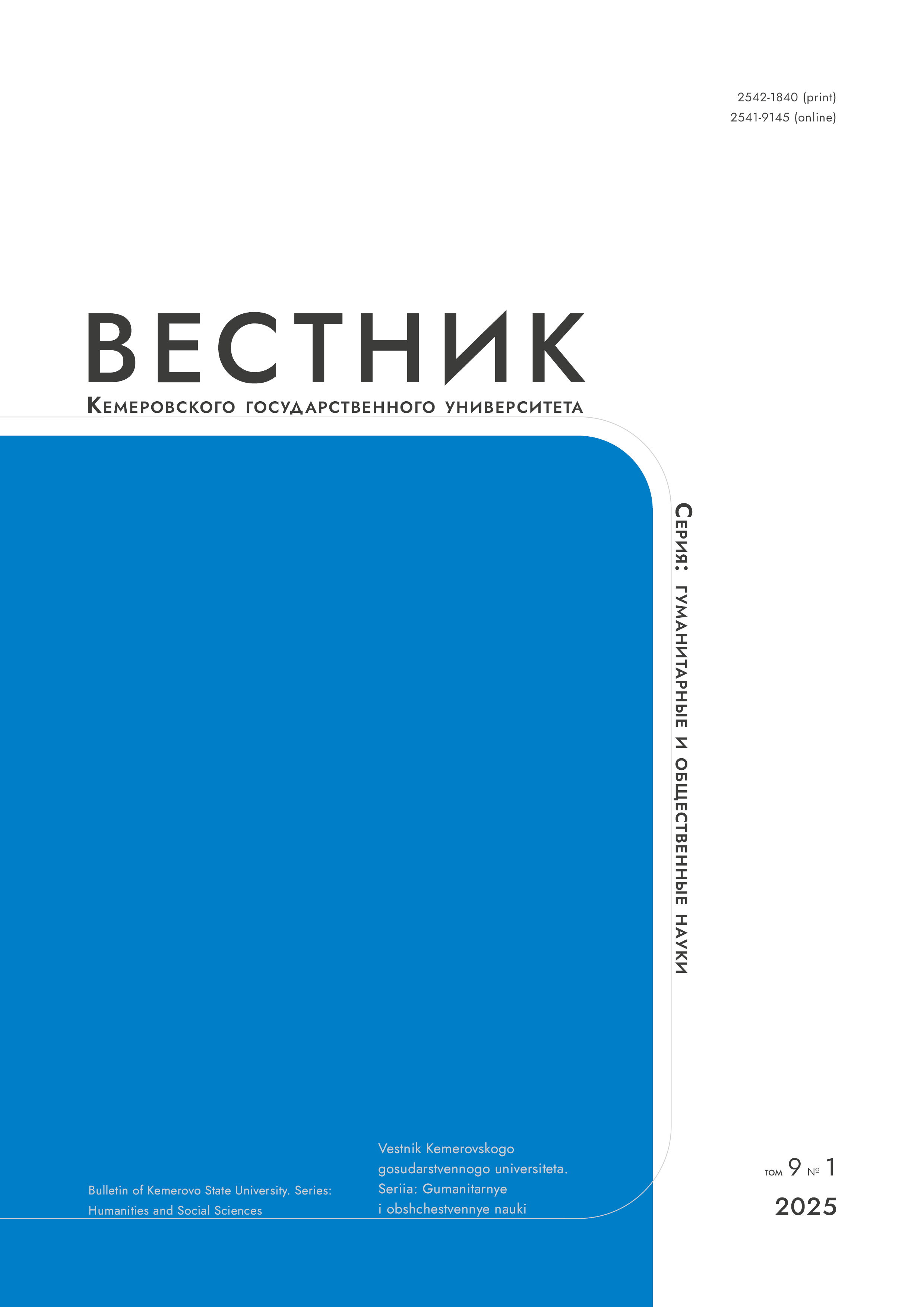Kemerovo, Russian Federation
UDC 10
The article explores the ontological foundations of power in Western European philosophical discourse. The author analyzed essential characteristics of power within classical and non-classical paradigms, thus revealing the relationship of its ontological principles with social practice in different historical periods. According to the classical rationalistic world view, power was endowed with metaphysical properties, which provided it with transcendental status and ethical characteristics. Power correlated with such concepts as "good", "hierarchy", "responsibility", "order", "law", "justice", etc. This discourse presented the government as a category of ontological order, sacrament to the Absolute, and contributed to the development of its institutional forms and management strategies based on control, subordination, and coercion. The non-classical paradigm put forward the idea of power as a manifestation of the irrationality of the human psyche. Criticism of logo-centrism made voluntaristic philosophers present power as a category of anthropological discourse. Its basic properties were defined through such concepts as "universality", "irrationality", "subjectivity", "totality", "ubiquity", etc. Power was deprived of its transcendental status and ethical character, which traditionally provided it with legitimacy in society. However, it acquired the properties of universality and immanence of human nature in the unconscious structures of human psyche. In social practice, the transformation of the principles of power led to the development of ideological discourses and new ways of exercising power
social practices, rationalism, irrationalism, logocentrism, metadiscourse, social ontology, modernism, postmodernism
1. Yatsevich M. The concept of power as a factor in the formation of social ontology. Trudy Novosibirskogo gosudarstvennogo arkhitekturno-stroitelnogo universiteta, 2016, 19(3): 220-228. (In Russ.)
2. Marx K., Engels F. German ideology. Works, 2nd ed. Moscow: Politizdat, 1955, vol. 3, 7-544. (In Russ.)
3. Parsons T. The concept of society: components and their relationship. THESIS, 1993, (2): 94-122. (In Russ.)
4. Weber M. Favorites. The image of society. Moscow: Iurist, 1994, 702. (In Russ.)
5. Habermas J. Democracy. Mind. Morality. Moscow: Nauka, 1992, 176. (In Russ.)
6. Foucault M. Will to the truth: on the other side of knowledge, power, and sexuality. Moscow: Kastal, 1996, 448. (In Russ.)
7. Kalimullina N. R. The peculiarities of the authority phenomenon definition in the tradition of postmodernism philosophy. Vestnik Tomscogo gosudarstvennogo universiteta, 2010, (338): 39-41. (In Russ.)
8. Benetton F. Introduction to political science. Moscow: Ves mir, 2002, 368. (In Russ.)
9. Aristotle. Policy. Works. Moscow: Mysl, 1983, vol. 4, 375-644. (In Russ.)
10. Plato. State. Moscow: Nauka, 2005, 294. (In Russ.)
11. Petrov N. I. Microphysics of power and scholastic culture. Vestnik Saratov state technical university, 2011, 4(1): 252-257. (In Russ.)
12. Kuzansky N. Works. Moscow: Misl, 1979, vol. 1, 488. (In Russ.)
13. Latour B. There was no New time. Essay on Symmetrical Anthropology. St. Petersburg: Izd-vo Evrop. un-ta v S.-Peterburge, 2006, 296. (In Russ.)
14. Locke J. Two treatises on the board. Works. Moscow: Misl, 1988, vol. 3, 135-406. (In Russ.)
15. Mannhein K. Ideology and utopia. The diagnosis of our time. Moscow: Iurist, 1994, 7-276. (In Russ.)
16. Nietzsche F. Works. Moscow: Mysl, 1990, vol. 2, 830. (In Russ.)
17. Chernykh S. S. Psychoanalysis of metaphysical foundations of power: S. Freud, A. Kozhev. University news. North-Caucasian region. Social sciences series, 2015, (3): 27-32. (In Russ.) DOI:https://doi.org/10.18522/0321-3056-2015-3-27-32
18. Fromm E. Escape from freedom. Man for himself. Moscow: AST, 2019, 286. (In Russ.)
19. Althusser L. Ideology and ideological apparatus of the state (notes for research). Neprikosnovennyi zapas. Debaty o politike i kul'ture, 2011, (3): 159-175. (In Russ.)
20. Lukes S. Power: radical view. Moscow: Izd. dom Gos. un-ta - Vysshei shk. ekonomiki, 2010, 240. (In Russ.)
21. Markuze G. Eros and civilization. One-dimensional man. A study of the ideology of a developed industrial society. Moscow: AST, 2002, 526. (In Russ.)
22. Bell D. V. J. Power, influence and authority: An essays in political linguistics. Oxford: Oxford University Press, 1975, XXI+131.


















